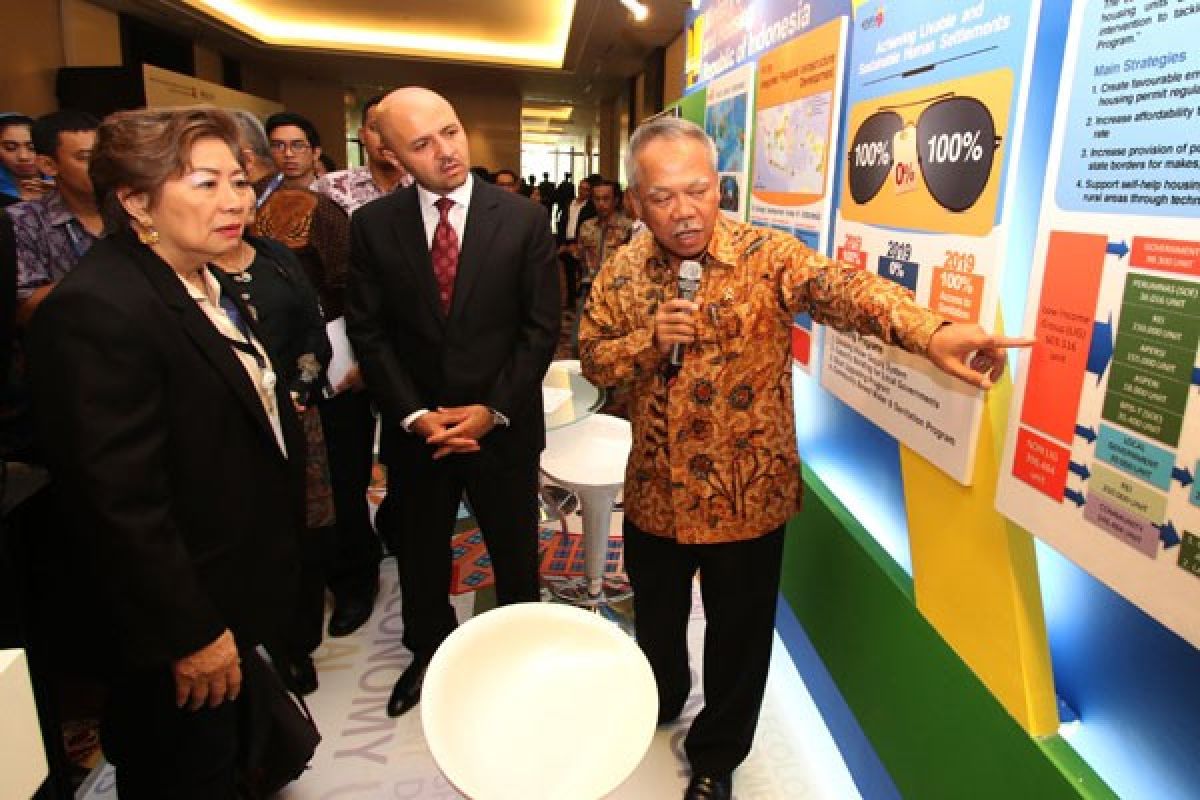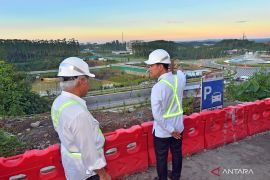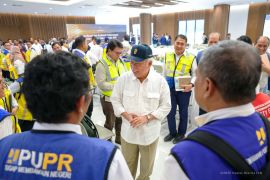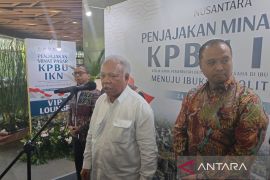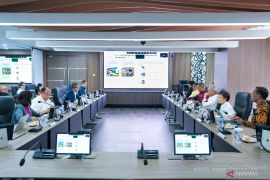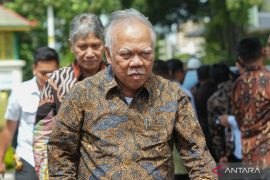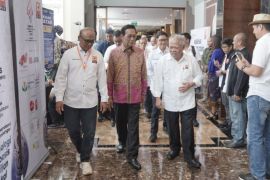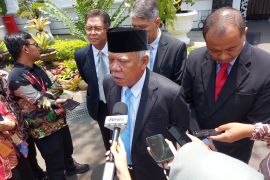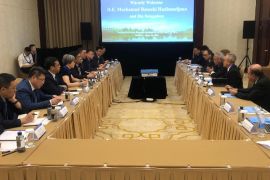"The issue of inadequate urban infrastructure needs to be addressed urgently by exploring innovation and deploying lesson-learned from other developed Asia-Pacific cities," he said in the Opening Session of The Sixth Asia-Pacific Urban Forum (APUF-6) here on Monday.
Basuki said cities in Asia-Pacific have been driving economic growth with over 80 percent of Gross Domestic Product coming from the cities. However, this economic growth has not benefited all urban residents, with urban poverty remaining a major issue.
"Despite the overall economic growth caused by urbanization, the urban poverty rate is still growing," he noted.
The minister said city is a center of economic activity that provides livelihoods for its members. The city is inseparable from regional and global influences, hence the city evolves rapidly.
He said the challenges arising from regional and global influences have impacted the urban workforces that depend on the city for their livelihoods. In addition, various activities occur in cities, flow of international workers, sprawling development, and tight competition among urban residents, including urban crimes.
"Creating a safer city is one of the fundamental objectives to guarantee urban residents to do their activities. Cities must be developed inclusively, addressing the needs and comfort of children, young people and women," Basuki said.
Therefore he noted that urban development policies should be part of the national development agenda, as a pivot point to ensure that these cities develop sustainably and harmoniously.
Editor: Aditia Maruli Radja
Copyright © ANTARA 2015
